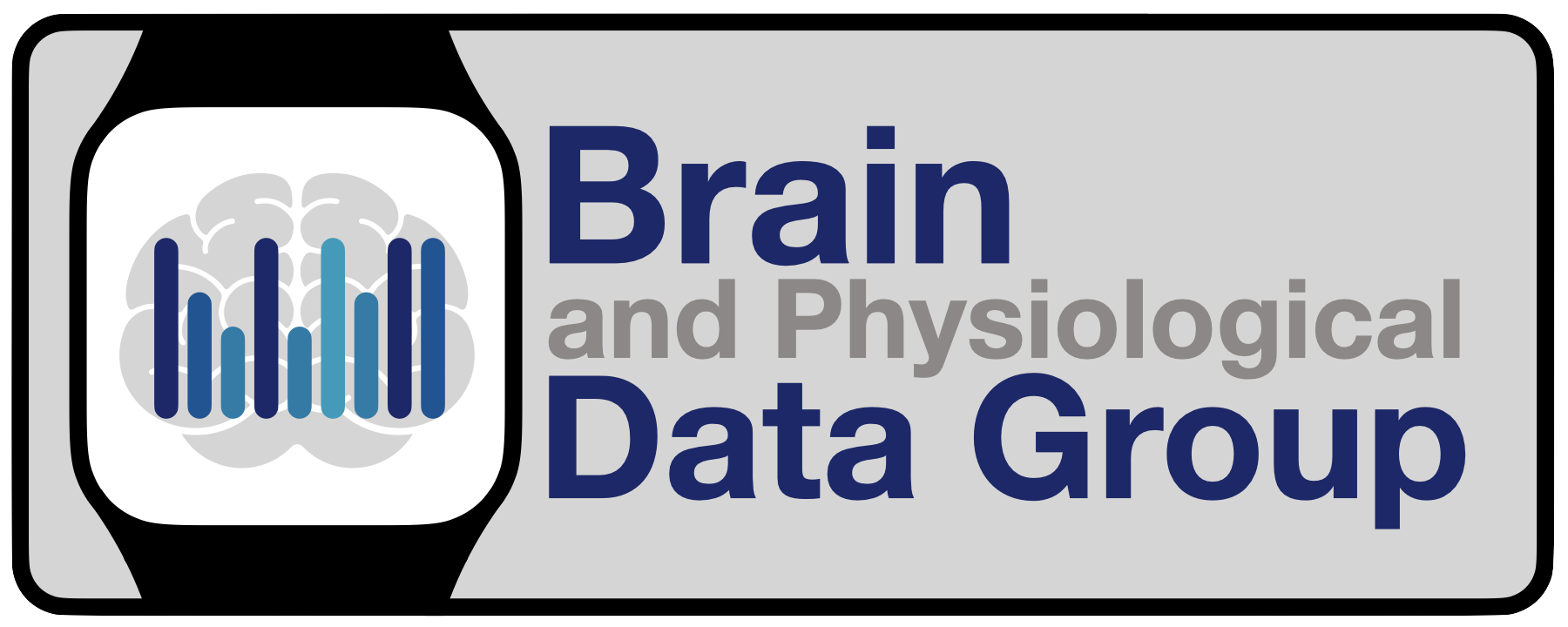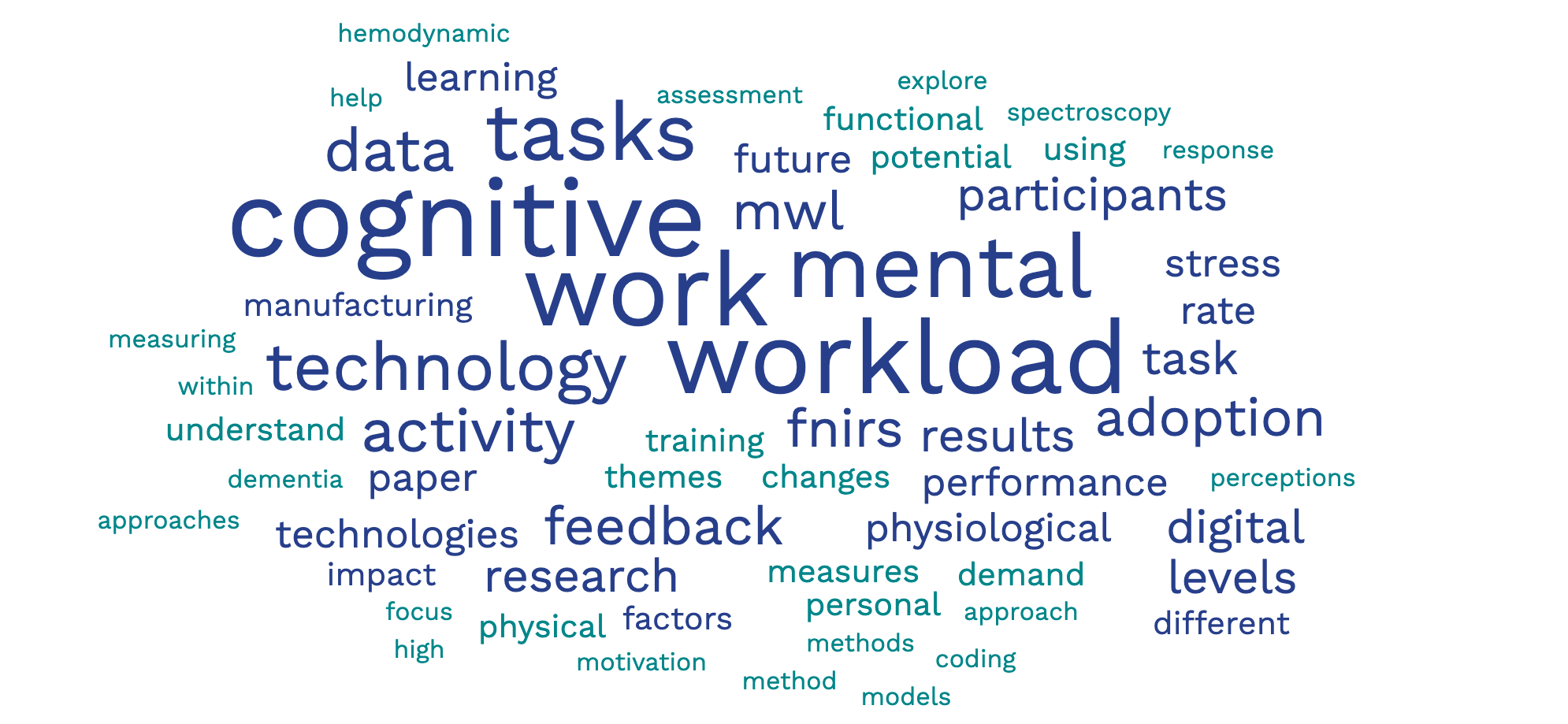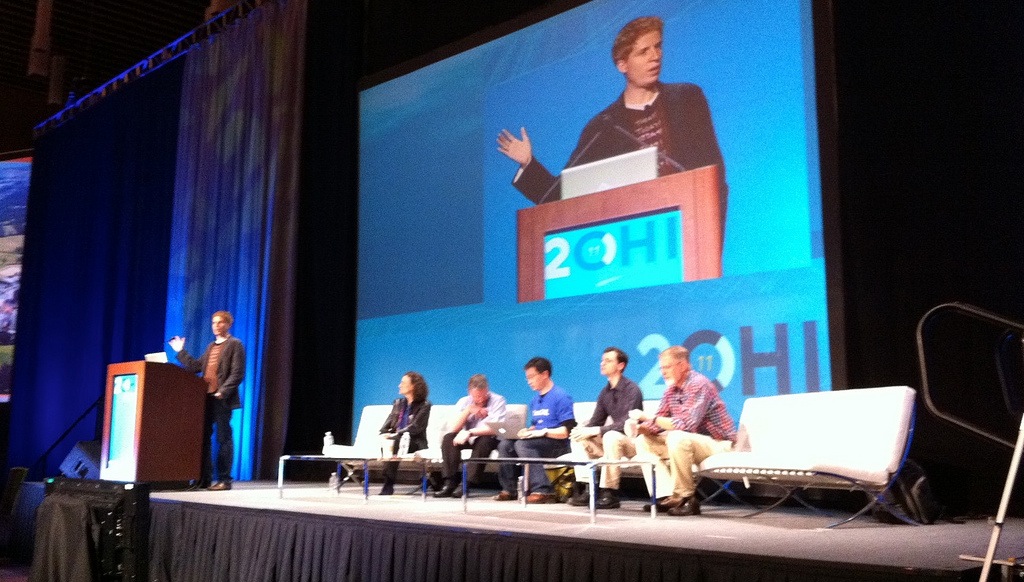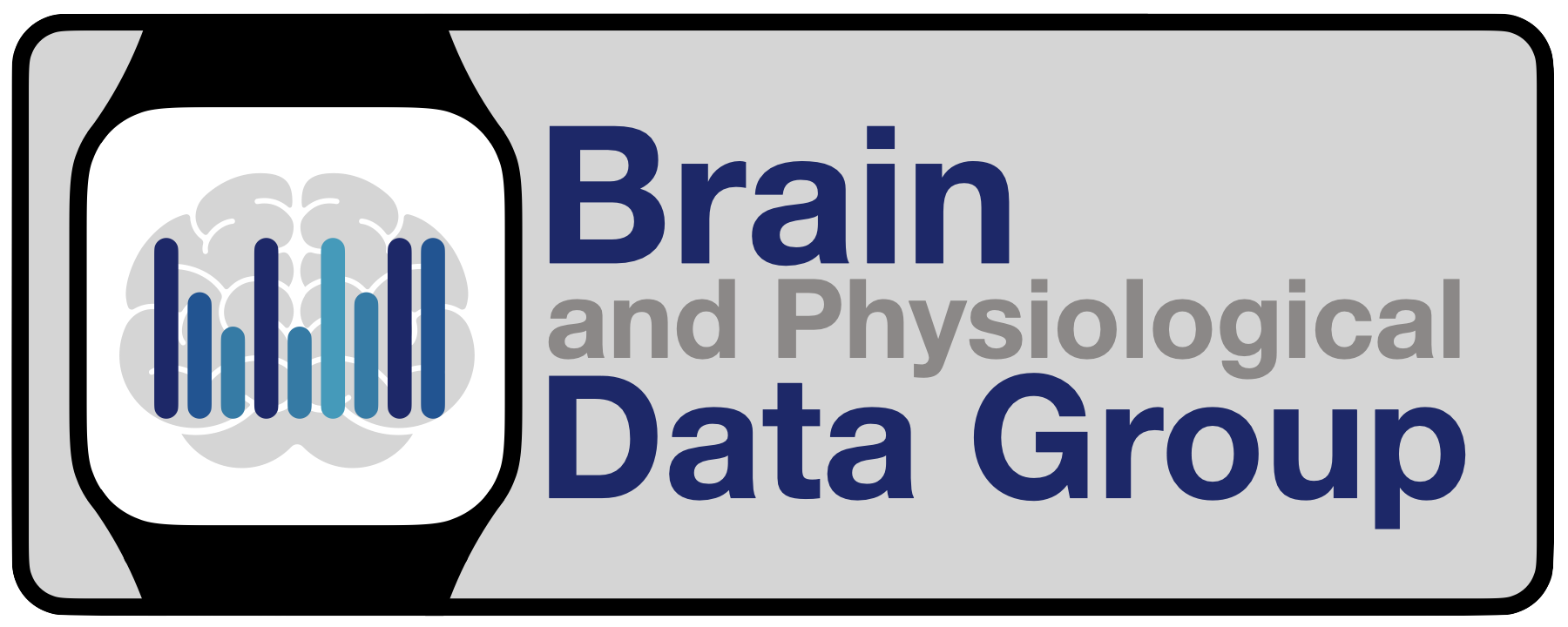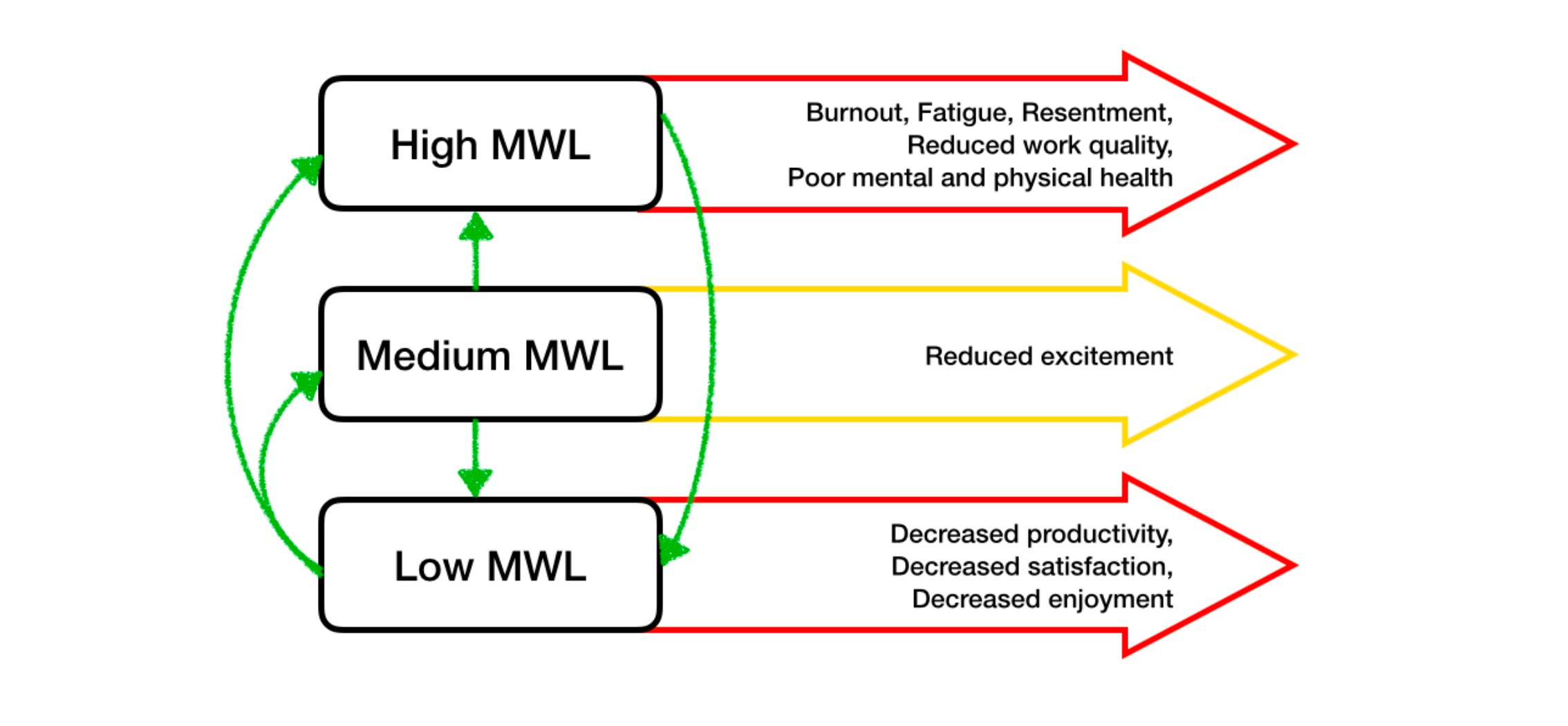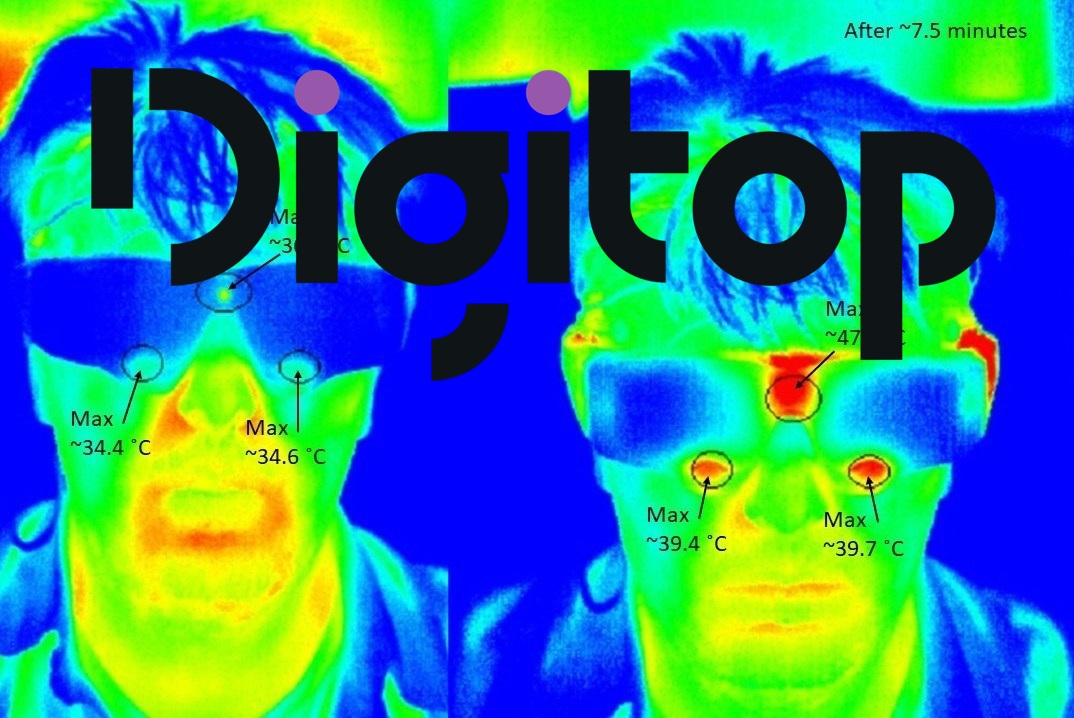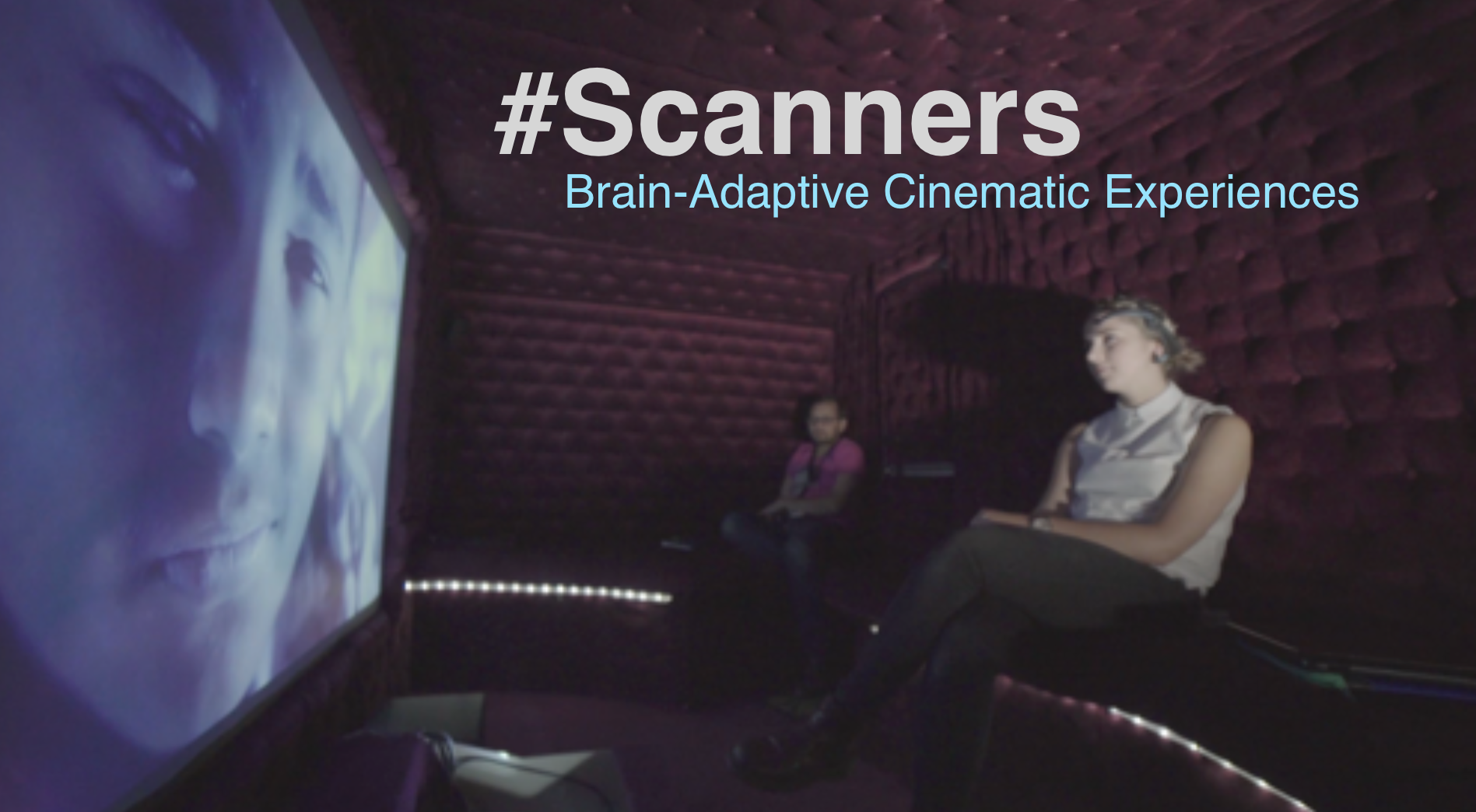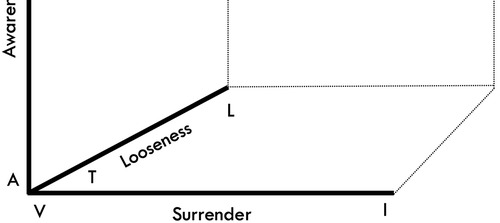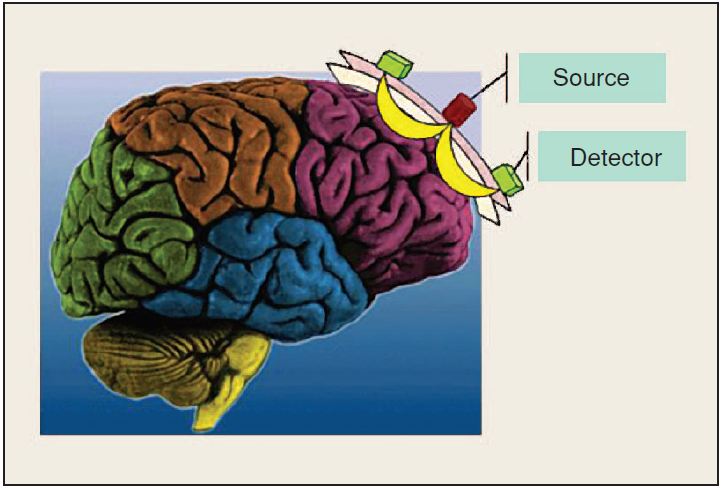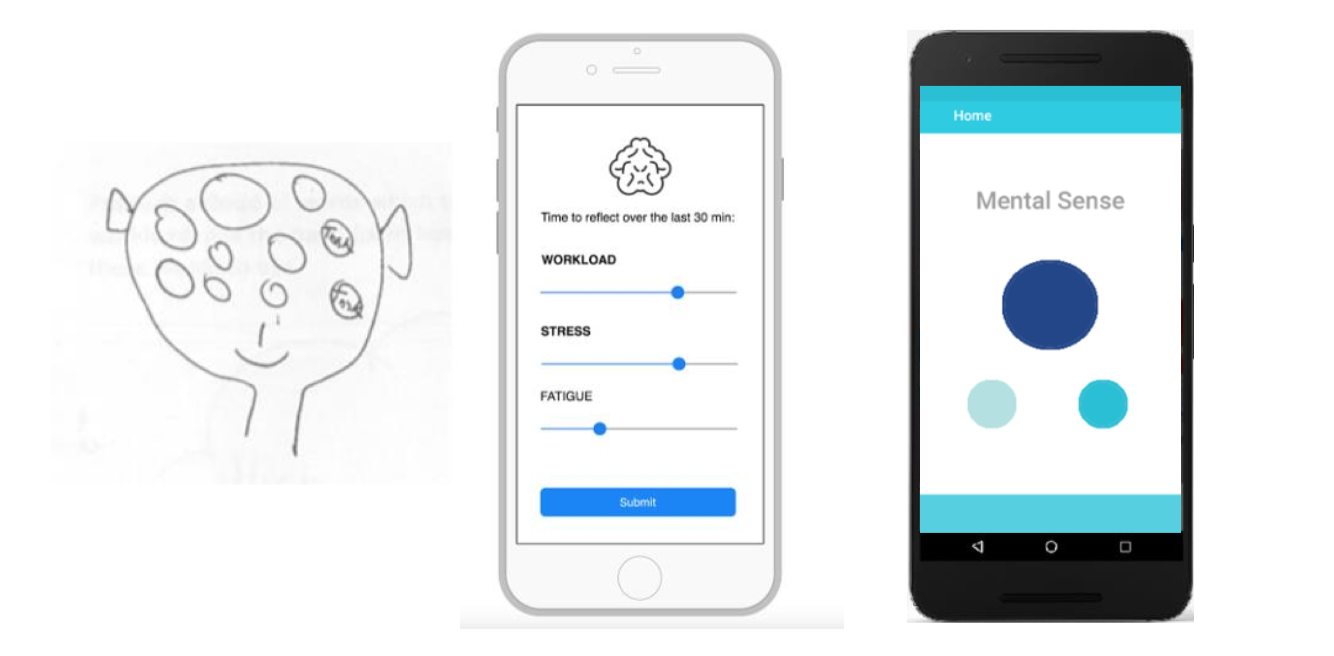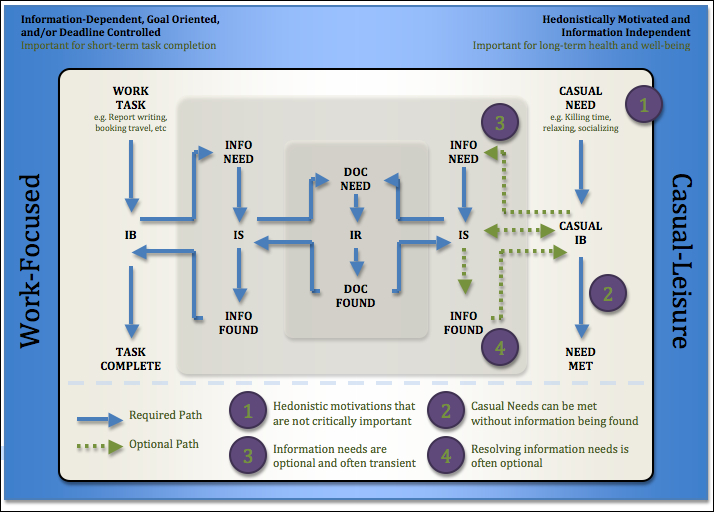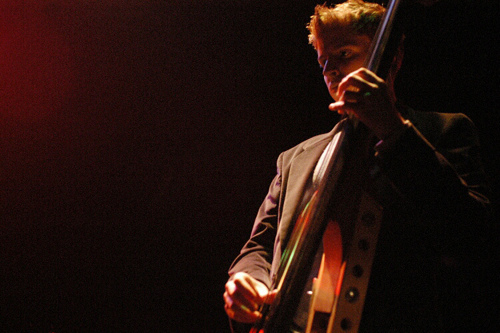Recent News
- Royal Society Summer Science Exhibition 2024 - As part of our new Public Engagement plans, we have been accepted as a flagship exbhit for the 2024 Summer Science Exhibition at the Royal Society in July 2024. We'll also be at the Nottingham Festival of Science and Curiosity in Feb 2024.
- CHI2023/24 Papers Chair - Im excited (and a little nervous) to be CHI2023 Papers Chair along with Julie Williamson and Stefanie Muller. And then CHI2024 Papers Chair with Phoebe Toups Dugas and Irina Shklovski.
- IEEE NeuroEthics Committee - Im pleased to be part of the IEEE NeuroEthics Working Group on neurotechnology in the workplace.
- CHI Steering Committee - I was pleased to be invited to volunteer on the CHI Steering Committee.
- EU Funding - In June 2018, we secured Horizon2020 Innovation funding in collaboration with Brain+ and MindTech, and with University of Oxford and University of Aarhus, to study transfer effects from brain training in relation to Alzheimer's. We'll be working with our artinis fNIRS.
- EPSRC Funding - In July 2018, we'll embark on a new £1.9M EPSRC project, measuring Mental Workload measurements in the wild in Digital Manufacturing, led by Prof Sarah Sharples.
- IJHCS Deputy Editor - From 2019 I am pleased to take on the role of Deputy Editor at the International Journal of Human-Computer Studies
- Brain-Controlled Film - in the press - Our latest brain-controlled film - The MOMENT (imdb) has been covered by BBC News, BBC Click (starts 6:45 in or in brief), Sky News, MIT Technology Review, Futurism, Tech Explore, and the Daily Mail
- Media Coverage - Our recent work on Favouriting behaviour on Twitter has been covered in online news and media: Slate | Washington Post | Buzzfeed | Dailydot | Brafton
Media Appearances
 I appeared on BBC Radio 4 discussing social media data and online social influences. My work has also been covered in written news (inc Buzzfeed), and our Computerphile Youtube Channel now has over 1M subscribers. Checkout my contribution to the Brain Health Podcast
I appeared on BBC Radio 4 discussing social media data and online social influences. My work has also been covered in written news (inc Buzzfeed), and our Computerphile Youtube Channel now has over 1M subscribers. Checkout my contribution to the Brain Health Podcast
Consulting
I have consulted for sevaral large organisations, including on internal software design for Rolls Royce, and delivering social media training to the European Commission.
Researchers
See Our Website.- Aleksandra Landowska - fNIRS+VR
- Adrian Marinescu - Thermography
- Kyle Harrington - Brain Health
- Elizabeth Argyle - Human Factors
Research Projects
- DigiTOP - EPSRC
- Brain+ - European Commission
- Brain-Controlled Films - EPSRC
- See more Projects
PhD Students
- Johann Benerradi - fNIRS ML
- Callum Berger - Brain-controlled VR
- Jwan Shaban - Everyday MWL
- Huimin Tang - Cognitive Style MWL
Study with me
Teaching
- COMP1003 - Software Engineering
- COMP3015 - Developer Experience
- G51REQ - Requirements Engineering
- G53CCT - Collaboration and Communication Technologies
- G54MXR (Mixed Reality), IR, and HCI Methods
Past Teaching
Study with me
Past Students
- Richard Ramchurn - BCI Movies
- Matthew Pike - BCI Evaluation
- Horia Maior - fNIRS Evaluation
- Kelvin Ye - Search Sessions
- Boying Li - Twitter Propgation
- Chris Ellis - Music Recommenders
- Paul Brindley - Neighborhoods
- Mathew Wilson - Sensemaking
- Jon Hurlock - Useful Tweets
- Norah Alsuraykh - fNIRS on Stress
- Abi Fowler - MWL in Rail
- Serena Midha - Fitbit for the Brain
- Ian Knight - Systematic Reviews
- Elif Firat - Viz for Educaiton
- Natalie Leesakul - Cobot Legal
- Zeyang Liu - Conversational Search
Travel and Talks
- 21-23 March, Brain+, Copenhagen
- 4-10 May, CHI2019, Glasgow, UK
- 24 May, Uni Leicester, UK
- Jun 16-19, MSR Faculty Summit, Seattle, USA
- Aug TBC, University of Southampton, UK
- Oct TBC, University of St Andrews, UK
- Nov 15-17, NWERC 2019, Eindhoven, Netherlands
- Dec 4-8, CHI2020 PC Meeting, Bloomington Indiana
- Dec 9th, SIGCHI CSCC Meeting, NYC
- Jan 15-18, CHI Steering Committee, New Orleans
- Apr 25-30, CHI2020, Honolulu
- Jan 16-23, SC & CHI2024 Site Visit, Hawai'i
- Apr 23-28, CHI2023, Hamburg
- Jul 14-18, Glasgow & Strathclyde, Scotland
- Oct 5-10, Dagstuhl, Germany
- Nov 24-27, NWERC 2022, Delft, Netherlands
- Jan 3-7, CHI SC, Barcelona, Spain
- Jan 18-19 Royal Society, London, UK
- Mar 11-13 CHIIR24, Sheffield, UK
- May 9-17 CHI2024, Honolulu, USA
- July 2-6 Royal Society, London, UK
Bio
I am an Associate Professor in Human-Computer Interaction, in the Mixed Reality Lab at the University of Nottingham, UK. I lead the Brain (and Physiological) Data Group, which focuses on the role that Mental Workload plays in our everyday life as we interact with technologies. This involves a) measuring levels of mental workload as we interact with technology, b) evaluating how we experience mental workload over time, and c) the neuroethics concerns of neurotechnology becoming part of our lives. Since joining Nottingham in 2012, we have focused on demonstrating the validity and efficacy of using functional Near-Infrared Spectroscopy (fNIRS) in HCI, as a method of measuring mental workload during interaction. With consumer brain scanners now available, our research also focuses on the inevitable future of living with neurotechnology and other wearables and systems that try to estimate and track our cognitive activity. We call this Cognitive Personal Informatics, where we consider how technology will try to show us this data, what goals people will have for their lives, and what neuroethical concerns this new type of personal data creates, both personally and for e.g. employers. Our research in this area has both UKRI and EU funding as part of multi-million pound projects.
Prior to 2011, my research sat between Human-Computer Interaction and Information Retrieval, including InteractiveIR and Information Seeking. My research focused on Exploratory Search, and involved evaluating both Search User Interfaces and human seeking behaviour. Through this work we created more powerful, but equally 'more complicated' user interfaces (e.g. mSpace). Trying to understand what made search user interfaces 'hard to use' prompted my post-2011 research agenda focusing on evaluating mental workload. My doctoral work, which won best article in the Journal of the American Society for Information Science and Technology in 2009, focused on evaluating Search User Interfaces using models of Human Information Seeking behaviours. My reserach in this area received industry funding from Google, and led to a book on Search User Interface Design and a monograph with co-authors schraefel, Kules, and Shneiderman on future Search User Interfaces for the web. Occasionally I am lucky to work with PhD students that work in this area between HCI and Information Retrieval.
I received my PhD (2006-2009) from the University of Southampton, under the supervision of m.c. schraefel and Dame Wendy Hall. In 2009, I joined Swansea University to work with Matt Jones and Harold Thimbleby, and many others. In 2012, I moved to University of Nottingham to be part of the world-leading HCI research group, and nearer family. Since the start of my PhD, I have enjoyed volunteering in conference organisation, including: IIiX, EuroHCIR, CHIIR, and CHI. I have served on Steering Committees for ISRC/ECIR, CHIIR, and CHI, and have worked on the editorial boards of IP&M and IJHCS. As a teacher, my primary focus is on Student Experience. In my role as Director of Student Experience for the School of Computer Science, I care about the onboarding of new students, and events and communities that inspire people to go beyond studying and begin to develop careers in Computer Science. As part of this aspect of my work, I have led the UK & Ireland Programming Contest since 2013, as part of the International Collegiate Programming Contests, which enables hundreds of undergraduate students to compete each year and earn spots at the subsequent European conferences.
